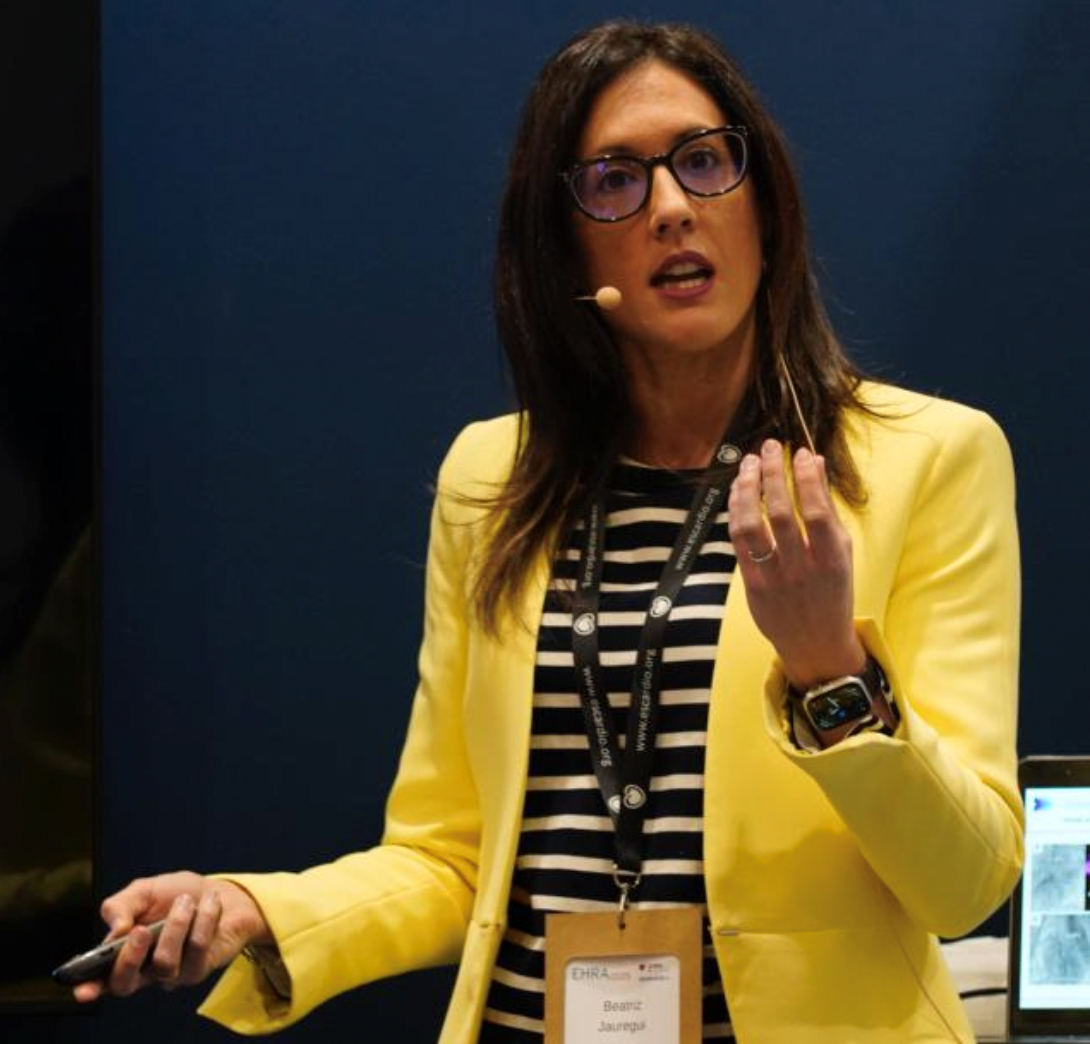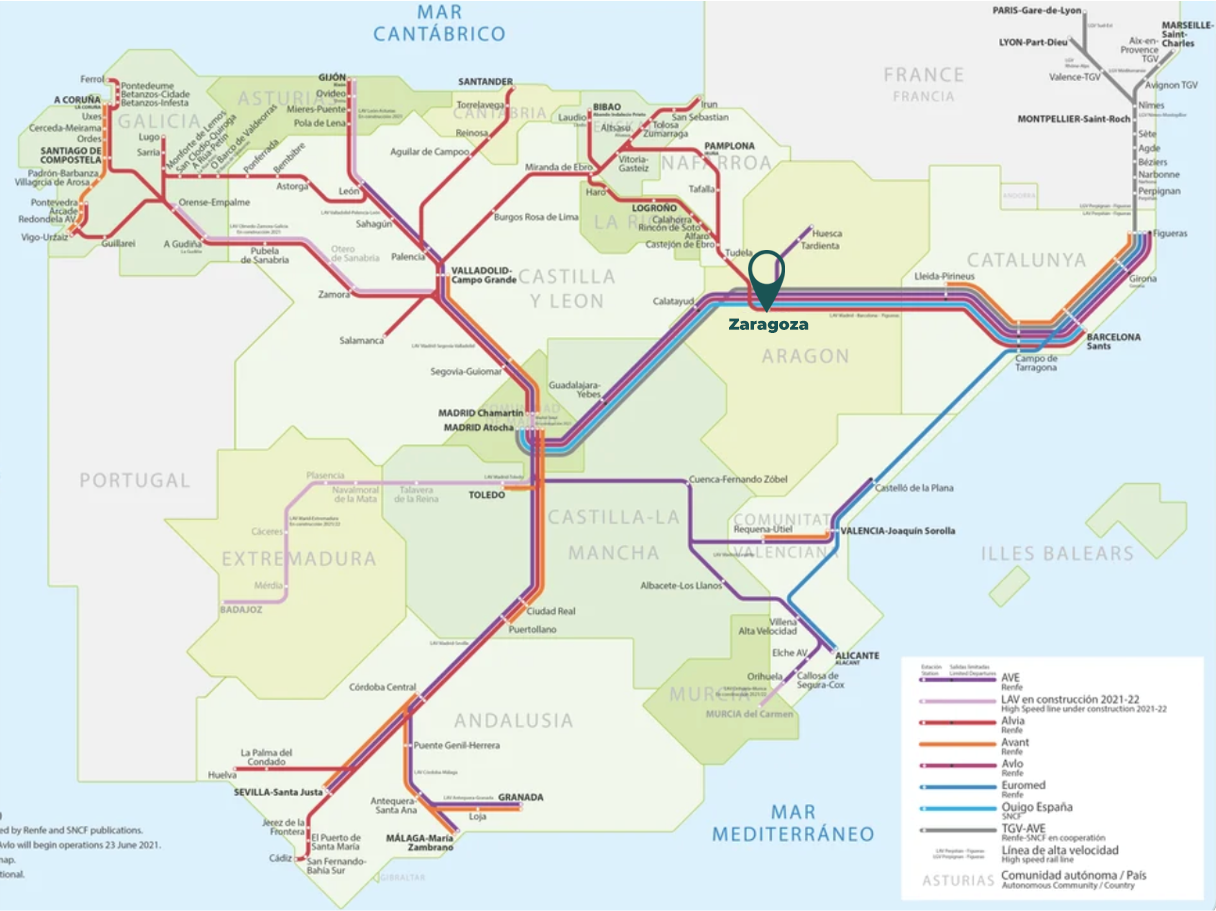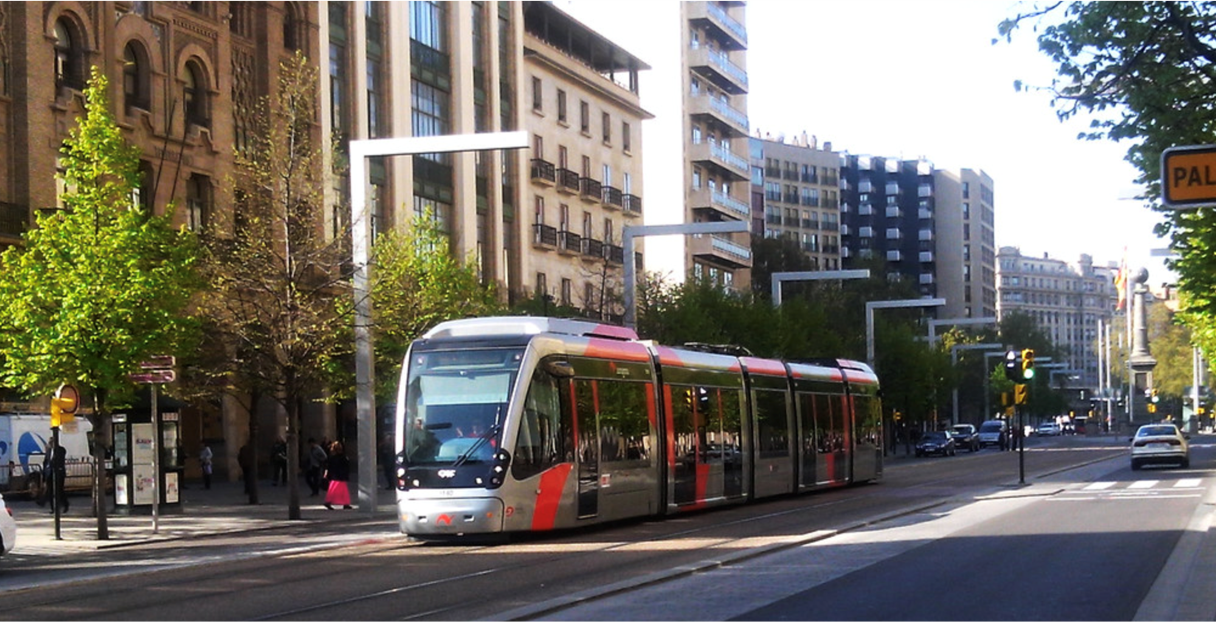
Centered on atrial fibrillation ablation through Pulsed Field Ablation
In 2022 The Arrhythmia Institute at Quirónsalud Zaragoza began its pulsed field ablation (P.F.A.) program for the treatment of atrial fibrillation. During this period, the hospital—which was the first in Aragón and the second private center in Spain to implement this innovative technique—has successfully performed around 300 cases using this technology to treat the most common arrhythmia in the population.
“This method has revolutionized the procedure of atrial fibrillation ablation, becoming a new paradigm in the interventional treatment of this condition. It allows for greater efficacy, safety, and efficiency,” explains Dr. Antonio Asso, director of the Arrhythmia Institute at Quirónsalud Zaragoza.
Farapulse system (Boston Sc.) for Pulsed Field Ablation of atrial fibrillation
Previously, all cardiac ablation techniques for arrhythmias were thermal—either radiofrequency or cryoablation. While both had evolved, they carried an inherent risk of indiscriminate thermal damage to adjacent structures. That’s why Quirónsalud Zaragoza incorporated this new system, which creates durable cardiac lesions in seconds while preserving non-targeted tissue. Using this type of energy—high-intensity, ultra-short-duration electric fields—the lesions are non-thermal, and therefore critical surrounding structures like the esophagus or major nerves are never affected. In other words: “we can act advantageously without having to trade off safety for efficacy or vice versa, because we know it’s impossible to damage adjacent tissues due to their higher resistance to the applied electric fields.”
Regarding duration, the process is usually completed with hospitalization under 24 hours, followed by 24 to 48 hours of relative rest at home. Since no thermal lesions occur, the common post-procedural pericardial chest discomfort is absent, and patient tolerance is excellent.
For further information or request appointment please contact:

Dr Antonio Asso
Dr Antonio Asso graduated from University of Zaragoza medical school and trained in Cardiology at Hospital XII Octubre in Madrid. After a 2-year fellowship in cardiac electrophysiology at University of Minnesota returned to Fundación Jimenez Diaz in Madrid. He established the Arrhythmia Unit in Hospital Universitario Miguel Servet and served as its director until 2024. Currently is full-time dedicated to the Arrhythmia Institute in Quironsalud Zaragoza.

Dra. Beatriz Jáuregui
Dra Beatriz Jáuregui graduated from University of Seville medical school and trained in Cardiology at Hospital Virgen del Rocio, where also began its training in cardiac electrophysiology that later completed in Hospital Clinic in Barcelona. After working in Quironsalud Teknon Hospital in Barcelona she moved to Zaragoza in 2022 as electrophysiologist in both: Hospital Universitario Miguel Servet and Arrhythmia Institute Quironsalud. She is highly experienced in all types of arrhythmia ablations, proctoring frequently in new techniques of interventional electrophysiology.
Zaragoza boasts excellent connections via the AVE high-speed train, just 1 hour and 15 minutes from Madrid or Barcelona.
A city of 700,000 inhabitants with a vibrant cultural and university life, located in the heart of the Ebro Valley.






